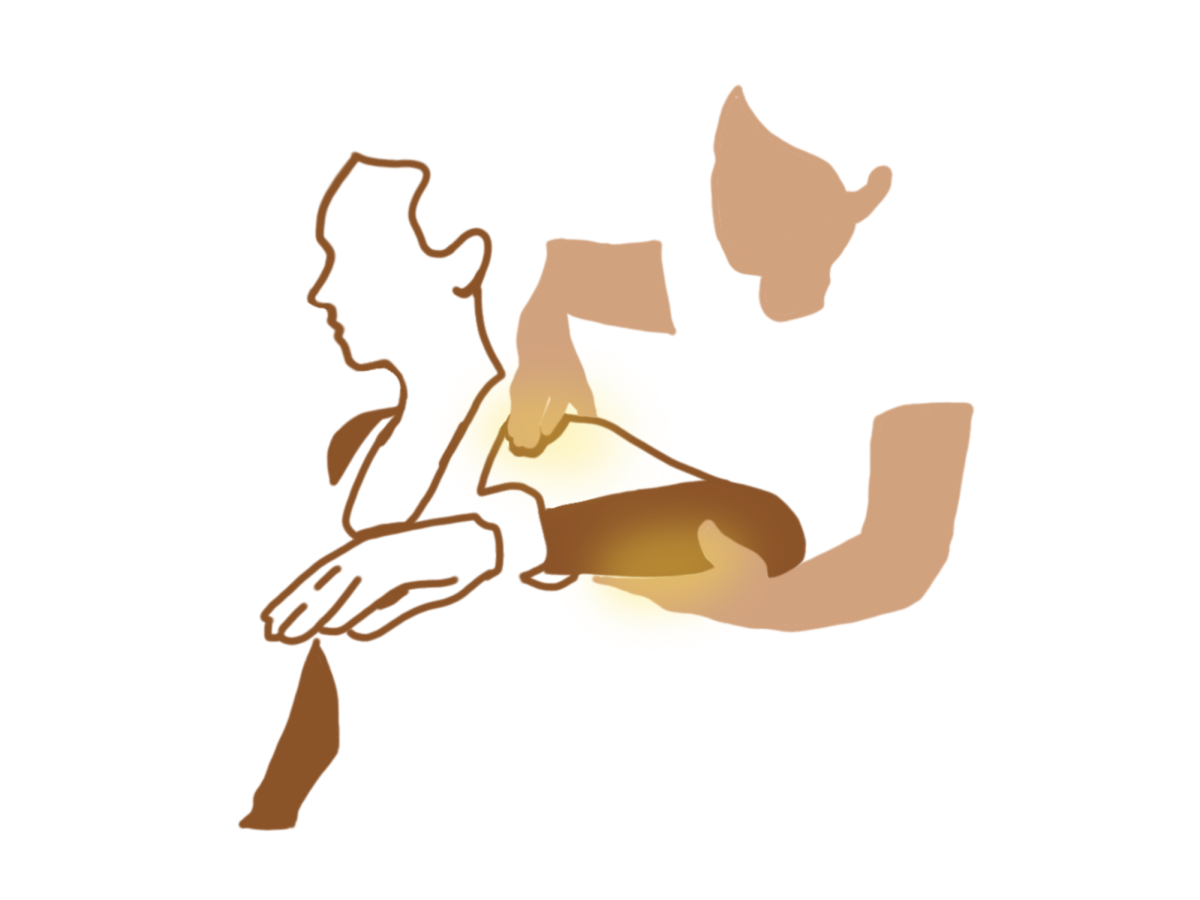Why digitalization reminds me of the Foundation series.
 One of my favorite book series of all time is "Foundation" by sci-fi master Isaac Asimov. The basic premise of the series is the idea of psychohistory, or a mathematical system of calculating the movements of giant masses of people. Using certain equations, a psychohistorian can predict the course of history.
One of my favorite book series of all time is "Foundation" by sci-fi master Isaac Asimov. The basic premise of the series is the idea of psychohistory, or a mathematical system of calculating the movements of giant masses of people. Using certain equations, a psychohistorian can predict the course of history. Lately I've been reminded of "Foundation" a lot. In fact, I've been reminded every time I visit wikipedia.org. Wikipedia is probably the first example of a 21st century phenomenon known as collective intelligence. The website creators used the combined knowledge of a world of self-proclaimed experts to make an encyclopedia. The amazing thing is that it worked. Not only did people care enough to add to the web pages, but also it turns out they know quite a lot of stuff.
A recent study by Nature showed that Wikipedia has about the same number of serious errors in its articles as The Encyclopedia Britannica. Wiki-madness has spread throughout the Internet. News organizations, fan clubs, and practically every computer application have wiki web pages calling for unknown contributors to add and improve their existing databases. And in case you were wondering, wiki is indeed a noun.
But Wikipedia is only the beginning.
The next step to harnessing the collective intelligence of Internet users (practically everyone in modernized countries these days) is to use their unconscious intelligence as well. This is where "Foundation" comes into play and the future seems a lot closer than it did before. According to a recent New York Times article, Google has developed an "early-warning service" to map flu trends based on the number of flu search queries in an area. Not only that, but a New York company has created an application that predicts the financial trends—based on data generated from thousands of taxi rides to financial districts. It is now possible to track the actions of literally millions of people through their digital information. Studies of trends that were simply unfeasible (or unethical) just five years ago can now be conducted easily. Data that wasn't available five years ago is already being used to predict future events. We have a better understanding than ever before of the habits and knowledge of large numbers of people. Just in case this sounds a little creepy, it could be. Credit card scams, identity thefts and insurance companies all might take advantage of digital information.
But it's too late to turn back. And really, with all the possibilities that the digital age provides, who would want to?





















